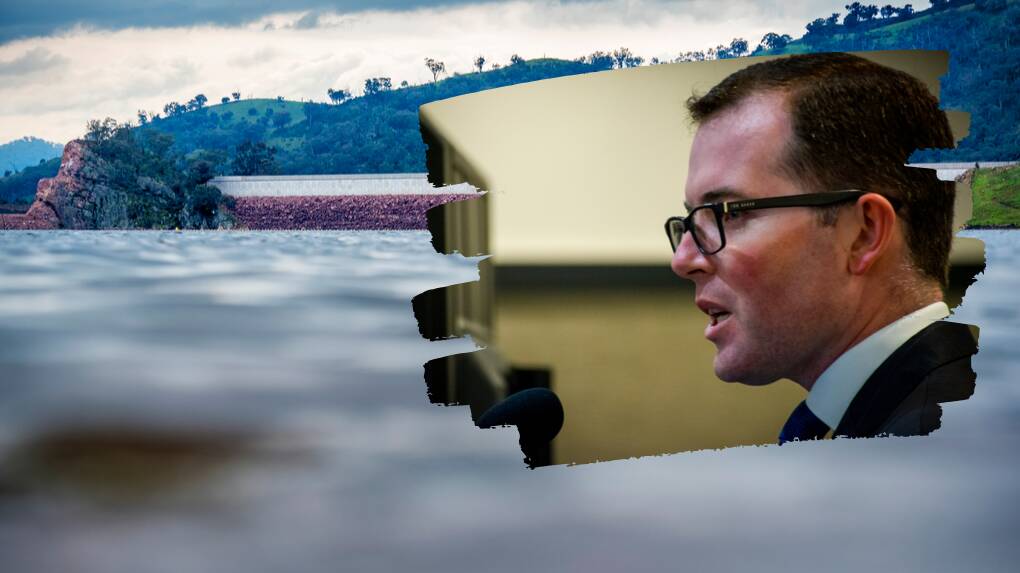
THE Minister for Western NSW has vowed to support any councils that want to use recycled wastewater to supplement their drinking supply.
Subscribe now for unlimited access.
$0/
(min cost $0)
or signup to continue reading
Adam Marshall said although the subject was considered "taboo" by some, he was willing to put his commitment on the record and encouraged all councils to consider it as an option, as water supplies across the state continue to dwindle.
"If councils and their communities want to go down that path, I will walk that path with them, side by side, and lobby this state government to provide the necessary funding to build that infrastructure," the Northern Tablelands MP said.
MORE WATER PRESSURE STORIES
"I know there has been stigma around it in the past, but if the drought has taught us anything, it is that we must look at all measures to secure water for the future of our communities."
Tenterfield Shire Council, which is just months away from completely running out of water, is investigating the possibility of recycled water.
Mr Marshall congratulated the council on its leadership and said Armidale was "thinking seriously" about going down the same path.
"A city of 23,000 people treating wastewater an extra three times to the standards required, reusing greywater and pumping it back into the town supply will halve the city's annual water consumption," Mr Marshall said.
"If that is not a brilliant water security measure, then I do not know what is.
"How do you not seriously look at that and discuss it?"
Tamworth Regional Council rejected the idea of recycling wastewater to a drinkable standard as too expensive.
A council report found a direct potable reuse scheme would cost $71 million initially, with ongoing maintenance costs of up to $1.8 million per year.
But Mr Marshall said the state government was willing to ease the financial burden.
"There are a number of funding programs to support councils who want to go down this path," he said.
Greywater recycling for other purposes also viable
Although Tamworth council put recycled drinking water on the back burner, councillors unanimously supported a push for more greywater recycling in new residential areas.
"Recycled water doesn't have to be all about drinking water," Mr Marshall said.
"It can be treating water to a standard where it can be used for watering parks and gardens, and by businesses for road construction, that sort of thing.
"There is no silver bullet, but this has to be part of the conversation to make our towns more resilient."


